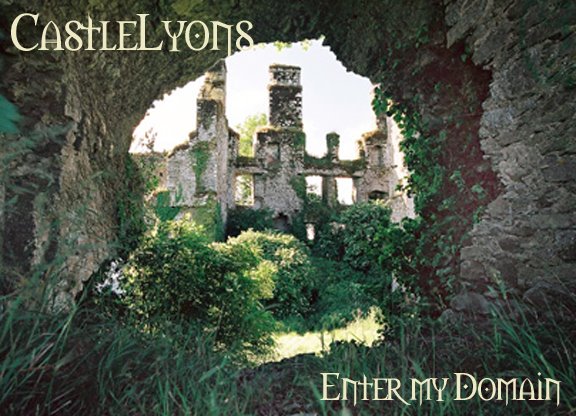Typically, when one hears the word "fantasy," images of dragons, wizards, and magic are conjured. But fantasy doesn't have to include these elements. A fantasy story can merely take place in an imagined world, even if that world holds to the same physical laws as our own. Take, for example, the excellent children's stories in the Bracken Trilogy by Jeri Massi ("The Bridge," "Crown and Jewel," and "The Two Collars"). When my children were little, they (OK, we) loved these stories that take place in an imaginary world. There were no dragons, no wizards, no magic—just an imaginary setting where we could learn some dynamic Christian truths.
Even some Biblical stories, while true, have a feel of fantasy to them. These include the stories of Esther, of Jonah, of Noah, and many others. For example, the world that Noah lived in was far different from the world I live in, yet by reading his story I can learn about faith, steadfastness, righteousness, and the supernatural intervention of God. When I read the story of Esther, I can learn how to stand strong against opposition despite inner feelings of inadequacy and fear. In the same way, when I read Jeri Massi's books to my children, I used the stories to teach them about forgiveness, courage, and steadfastness.
What's the value of placing Christian truths in a fantasy setting? I believe fantasy can be used in much the same way that Jesus used parables. Jesus asked the question, "What shall we say the kingdom of God is like, or what parable shall we use to describe it?" (Mark 4:30). The passage goes on to say: "With many similar parables Jesus spoke the word to them, as much as they could understand. He did not say anything to them without using a parable" (Mark 4:33,34). The Son of God himself reached into our imaginations to help us understand something outside the realm of human experience.
By placing a Christian truth in a story, people will gather around to listen (or to read). They will learn the connection between the physical world and the kingdom of heaven (which will be a truly fantastical place indeed). They will learn that they can bind demons and loose the power of angels. And ultimately, they will learn that God loves them and sent His Son to die for them that they might be forgiven.
I am currently working on a series of novels called "The Alliance." Like the Bracken Trilogy, this series takes place in an imaginary world that holds to the same laws and lifestyles of our own world. The stories will teach about faith, forgiveness, and righteousness in a world filled with doubt, selfishness, and evil. Fantasy? I suppose that's the category these stories fall in. But is it fantasy to learn to forgive your greatest enemy? I should hope not!
Watch this blog for news on the release of "The Alliance."
two returns
11 years ago








